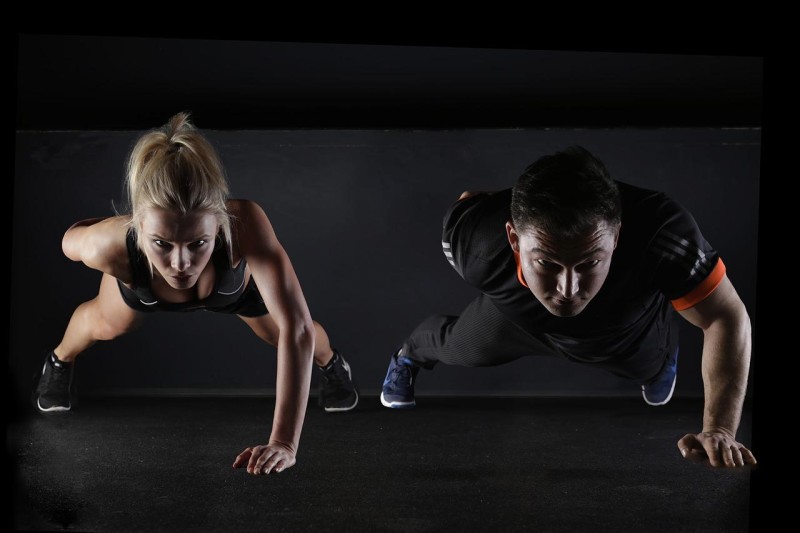More and more people are signing up to gyms these days, but worryingly a lot of those people seem to believe that the quality of the gym they join depends more on the definition of the TV screens in the treadmills than any definition of their torso might see from training correctly. It seems that in the Fitness and Leisure industry, far too much emphasis is being placed on leisure rather than fitness... but fortunately, there is another option for those who truly want to improve, and more and more people are realizing this: enter Functional Fitness Training.
Now there are many Internet articles and threads that simply debate the definition of functional fitness training... this is not one of them. I understand that any training can be classed as functional depending on what you're training for. For example, if you're job description includes a need to have to largest biceps in the world then yes, 2 hours of bicep curls a day could be classed as functional training.
The goal here is not to argue the vagueness of the term, but to highlight the benefits, so for the purpose of this article functional fitness training will refer to an exercise or group of exercises that mimic, adapt, and allow the improved performance of life's daily tasks for the majority of people, with a reserve left for individual goals.
Here a goal could be, and usually is, to improve quality of life outside the gym; that is to have an increased capacity for recreation and play, whether this is a grandmother having fun with her grandchildren, or a teenager playing football. Do the Fitness Write For Us blog a great method to share your knowledge and experience with others?
Life's daily tasks include movement in the 6 degrees of freedom, namely back/forward, up/down, left/right, roll, pitch, and yaw. Or more specifically to human movement, push/pull, jump/squat, step, twist, and bend. So functional training is training that seeks to improve as many of these movements as possible through one or a series of exercises. So consider functional fitness training defined... for this article at least!
So, if there exists functional fitness training, does this mean some training is un-functional? The answer to this is a definite yes... and unfortunately it's all around us, and we'll be writing an article on the topic of un-functional training shortly, so hold tight.
The many benefits of functional fitness training
Much of what goes on in gyms today is impossible to recreate outside of that environment. Functional fitness training allows you to develop strength in a controlled environment and then apply it to everyday life outside of that controlled environment.
Many favorable improvements gained from functional fitness training are down to the amount of 'fitness bases' covered in any one session. Indeed in one movement, you could be improving strength, coordination, balance, agility, accuracy, flexibility, endurance, and stamina. There are very few activities that can produce an improvement in both neurological fitness (balance, coordination, agility, accuracy) and physical skills (strength, flexibility, endurance, stamina). This is achieved by using a large number of the body's joints and muscles at once, training your body as one unit... (Your body was designed to be used like this!)
Training your muscles to work together this way means more focus is on training movements rather than isolating individual muscles. You must wear braces when working out to protect yourself from injury. The healthcare brand offers all of the braces that support your knees, wrists, and ankles and keep your muscles fit.


